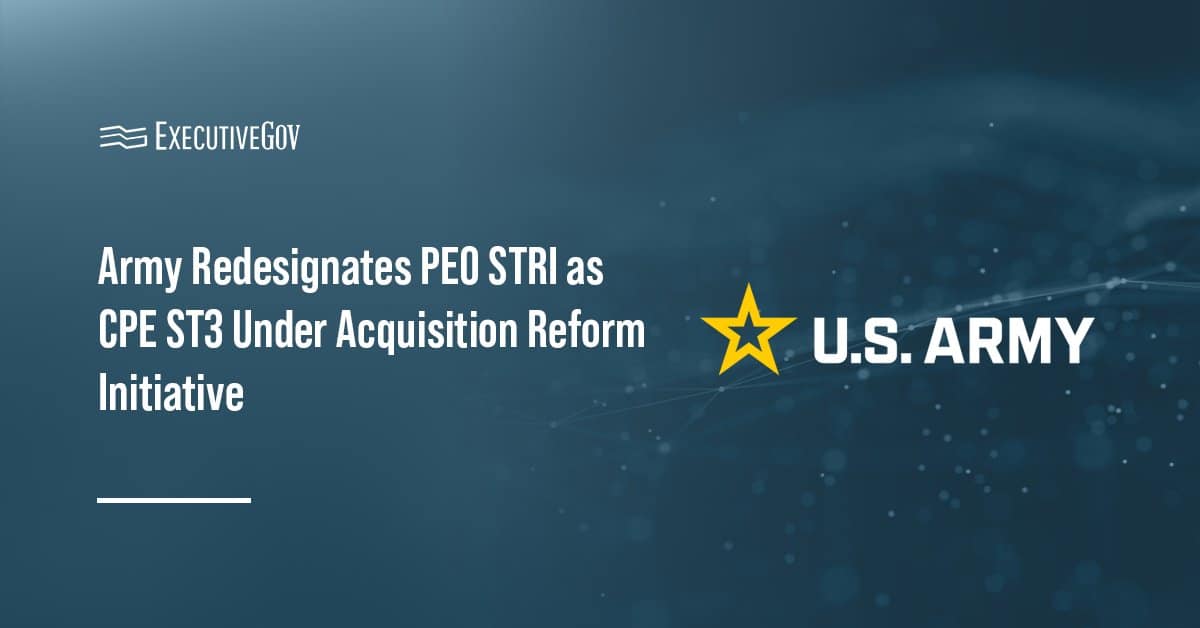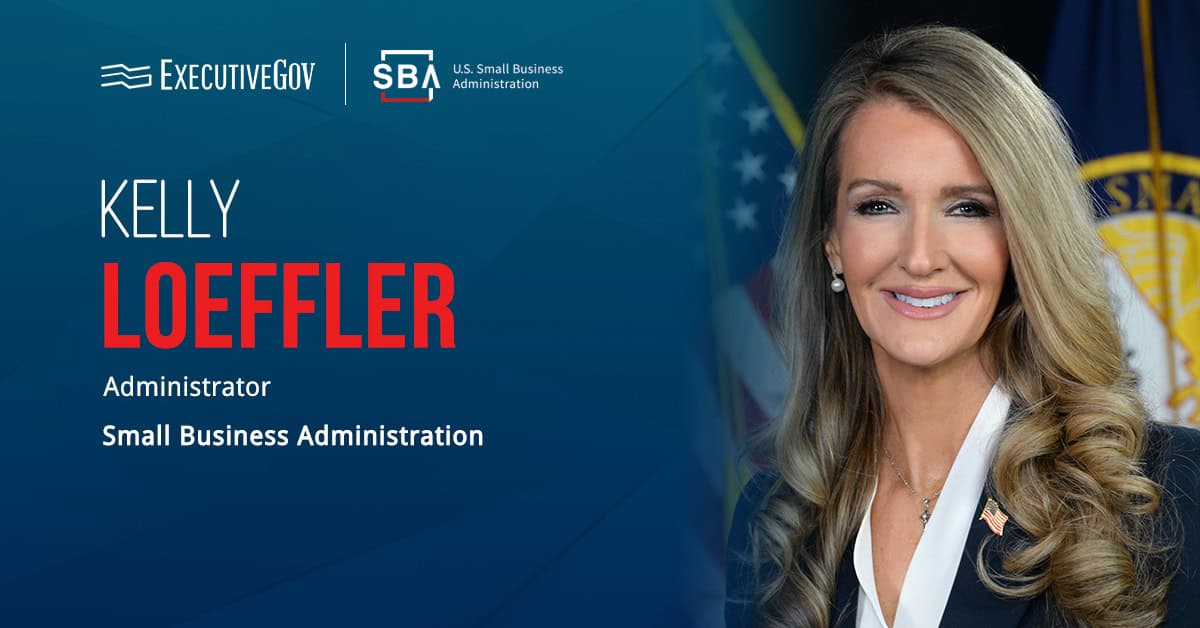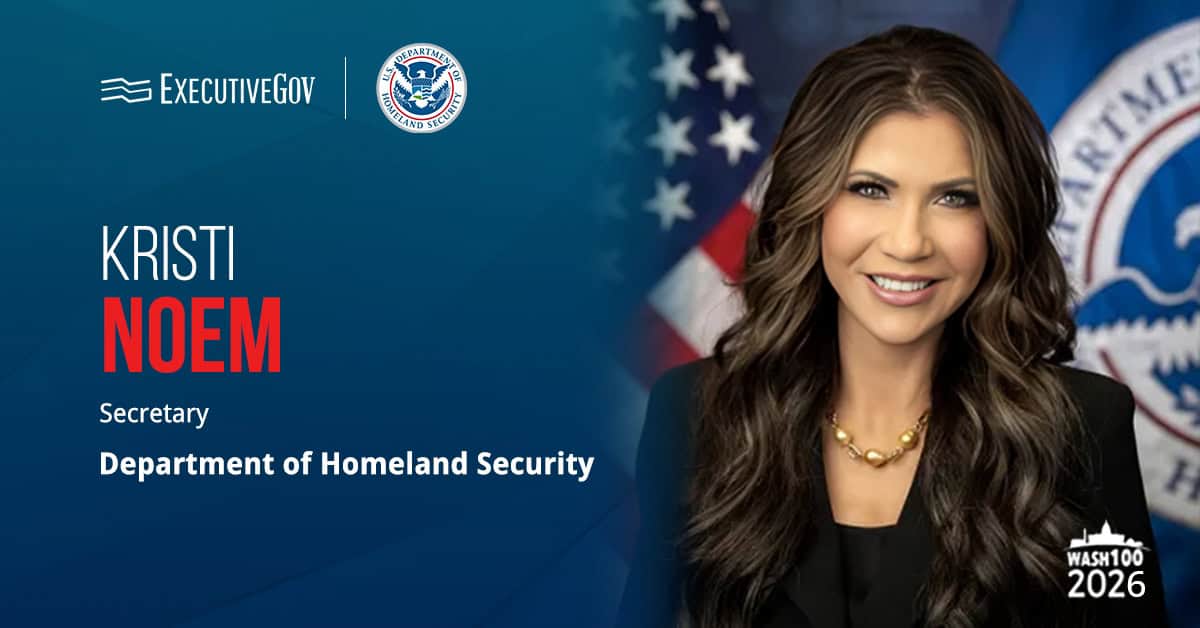Over two and a half years on from ChatGPT’s explosive market entrance, artificial intelligence remains a major force in the public and private sector technology worlds. Of course, AI has been around in one form or another for decades, since at least the 1960s, but its recent surge marks one of the most significant tech developments in a long while.
AI is especially hot in the military right now. Just this week, OpenAI (the organization behind the aforementioned chatbot) was awarded an other transaction agreement, or OTA, by the Department of Defense that could total $200 million over just one year of required work. This comes on the heels of four technology officials — two of which are currently or were formerly affiliated with OpenAI — being appointed reserve Army lieutenant colonels as part of its new Executive Innovation Corps.
We have a feeling AI will continue to stay at the forefront of conversations about how to make the government more effective and the military more lethal in the future. Let’s investigate the individuals leading the charge in this march forward.
At the Potomac Officers Club’s 2025 Navy Summit on August 26, join the conversation about how AI can enable jaw-dropping military applications and programs. There will be a panel discussion on how generative AI is being used to enhance decision-making. Register now for this exciting conference of GovCon networking and candid military talks!
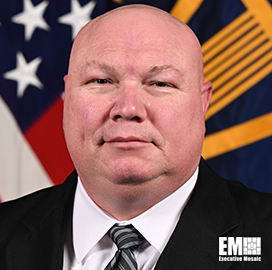
Table of Contents
1. Douglas Matty
Role: U.S. Department of Defense chief digital and AI officer
Douglas Matty heads the Pentagon’s digital and AI strategies, bringing decades of military and technical expertise to one of the most impactful roles shaping defense capabilities. He previously founded the Army AI Integration Center and has held key roles in systems analysis, cybersecurity and operational logistics across a career spanning over 30 years. At CDAO, Matty leads initiatives focused on accelerating AI-driven efficiencies in military operations, including data analytics, machine learning and computer vision.
Notable achievements:
- Spearheaded the development of the Army AI Integration Center under Army Futures Command.
- Developed AI capabilities to enhance decision-making for U.S. forces in Iraq.
- Introduced innovative defense-focused AI solutions, enabling better scalability of advanced technologies.

2. Elizabeth Kelly
Role: Former director of the U.S. AI Safety Institute, now head of the beneficial deployments team at Anthropic
Elizabeth Kelly’s contributions to AI governance and ethics have been pivotal. During her tenure at the AI Safety Institute, Kelly established critical safety testing agreements with industry leaders OpenAI and Anthropic. Her expertise now guides Anthropic’s beneficial deployments team, which ensures equitable AI adoption in fields such as healthcare and education, particularly among resource-constrained organizations.
Notable achievements:
- Played a key role in standardizing AI safety testing processes in federal policies.
- Championed initiatives that provide free AI tools to nonprofit and scientific research organizations.
- Now enables practical integration of ethical AI frameworks for mission-aligned developments.
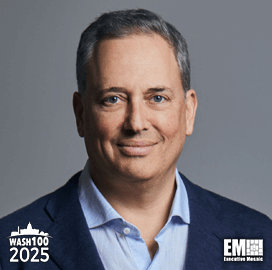
3. David Sacks
Role: White House AI and crypto czar
David Sacks serves as a critical bridge between Silicon Valley’s private sector innovation and Washington’s public policy. He leads efforts to ensure the United States maintains a competitive edge in the global AI arms race, particularly against China. Advocating for innovation-friendly policies, Sacks emphasizes reducing regulatory burdens on AI developers to foster U.S.-led advancements in global AI adoption and market standards.
Notable achievements:
- Successfully rolled back restrictive AI executive policies, aligning government strategy with private-sector growth.
- Advocated for technology diffusion strategies to ensure U.S.-based AI dominance in global markets.
- Played a central role in supporting venture-backed AI startups critical to federal innovation initiatives.
- Won Wash100 Award in 2025 for his projected role in and impacts on the government contracting industry/

4. Kevin Weil
Role: Chief product officer, OpenAI
Kevin Weil applies decades of consumer tech expertise to his leadership at OpenAI, focusing on developing agentic AI technologies. He is driving transformations that extend AI capabilities from answering user inquiries to executing complex, real-world tasks autonomously. Weil strategically integrates cutting-edge AI features into consumer and enterprise solutions, offering pivotal insights into how AI will reshape workflows across industries. And in just the last week, he became a part-time senior advisor at the U.S. Army as a reserve lieutenant colonel alongside leaders from Palantir and Meta.
Notable achievements:
- Leading the roll-out of ChatGPT’s agentic functions, enabling real-world task automation.
- Advocates for the rapid iteration of AI models, enhancing deployment timelines for new functionalities.
- Combines private and public sector expertise to address AI commoditization while maintaining innovation.
- Member of Army’s Executive Innovation Corps

5. Lakshmi Raman
Role: Chief artificial intelligence officer at CIA
Lakshmi Raman is redefining how the CIA integrates artificial intelligence into its operational and administrative frameworks. She champions AI agents as a means to further enterprise automation while emphasizing the importance of human oversight within AI systems to mitigate risks. Under her initiative, the CIA established its first AI governance council to codify ethical and security standards for emerging technologies.
Notable Achievements:
- Introduced AI-based models-as-a-service platforms to improve interdisciplinary collaboration.
- Focused on workforce transformation by bridging AI advancements with human intelligence.
- Spearheaded cataloging and shared service platforms for AI models, enhancing accessibility and resource allocation across intelligence communities.
These leaders exemplify the strategies, foresight and expertise required to harness the full potential of AI for public service, defense and global leadership. Their contributions underscore how innovation-driven governance can redefine not just national frameworks but also the international conversation on artificial intelligence.
Are you subscribed to the ExecutiveGov daily newsletter? Released every weekday at 5 p.m. EST, we call this essential blast of need-to-know government news “GovCon Daily.” Visit our homepage to sign up!



